by Aunty Cindy
As I anxiously await my very first revision letter from My Editor (yes, I still get a thrill from typing those words), I've been listening to books on tape. My current selection is Lawrence Block's quintessential handbook for fiction writers, Telling Lies for Fun and Profit. I have read this book before and if you haven't, I highly recommend it. But half the fun is listening to the author read his own work, because it's almost like sitting down and having a conversation with him, or attending an extended workshop by him without the annoying person in front of you asking endless questions.
The other day, something Mr. Block said about revisions really resonated with me. Though he was being a bit facetious, he made an argument against doing revisions, or more accurately, to write as if you weren't going to revise.

Revisions, he argued, take away the freshness and spontaneity from writing. He likened a piece of writing to a jazz riff. Do it once, go with the flow of the moment, then let it go.
Polishing away the freshness seems to be an occupational hazard with many romance writers. I've heard more than one editor and agent say they've read partials polished to the point that the author's voice is gone. And I think we've all heard the stories of contest entries that were polished to perfection, but the rest of the manuscript (IF it was ever written) was slap-dashed together.
His other big argument against revisions is that sloppy first drafts encourage poor writing techniques. If you know you're switching POV too many times, dumping in back story, or writing pages of talking heads, then DO NOT DO IT! Train yourself to do it correctly in the first draft.
Here again, moderation is the key. I am probably more painstaking than most in crafting my first drafts, but sometimes just getting down words... ANY WORDS are the best I can do. Worrying so much about getting it right is pointless if you get nothing. (Can you tell I'm trying to refrain from quoting Nora about not being able to fix a blank page?)
So while it would be nice to have my first draft also be my final draft, I'm not kidding myself about revisions. They will always be there, as inevitable as that other famous quote about death and taxes. I only hope that they won't be too extensive.
Here's your chance to share some writing advice. If you're a writer, what unusual piece of writing advice has helped (or maybe hindered) you? And if you are a reader, what one piece of advice would you like to pass along to all us writers?

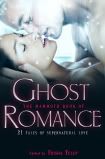
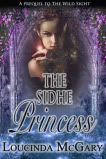
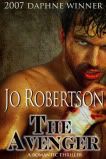
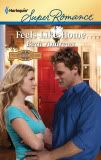
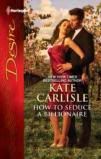

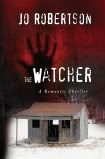


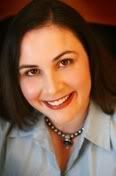











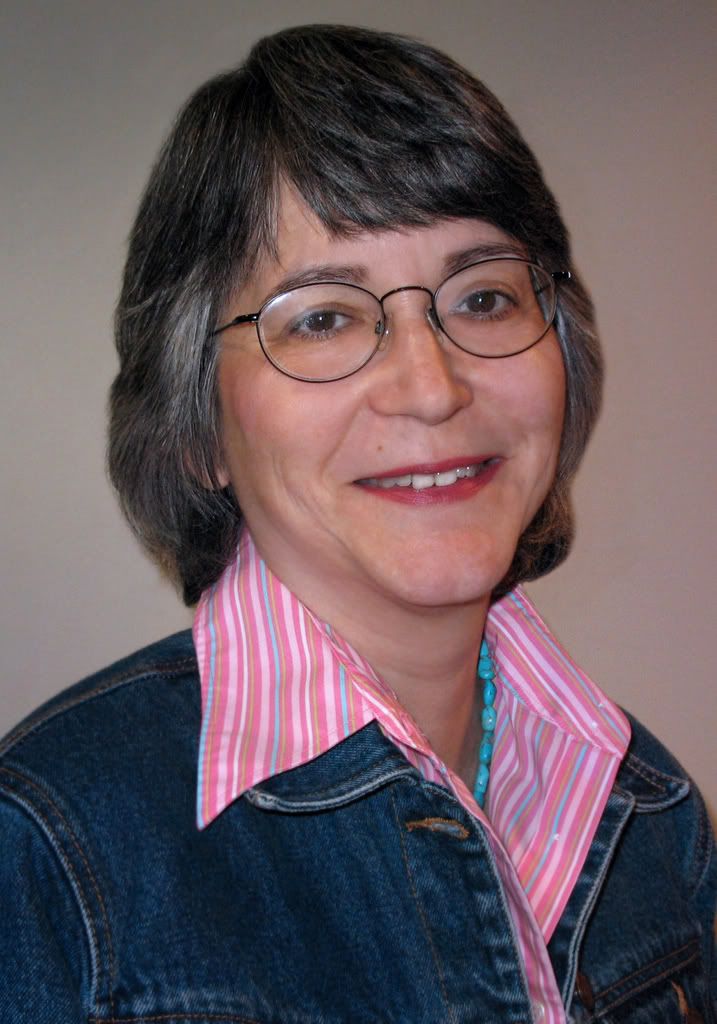




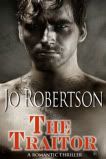




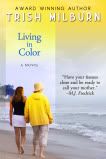
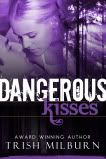









































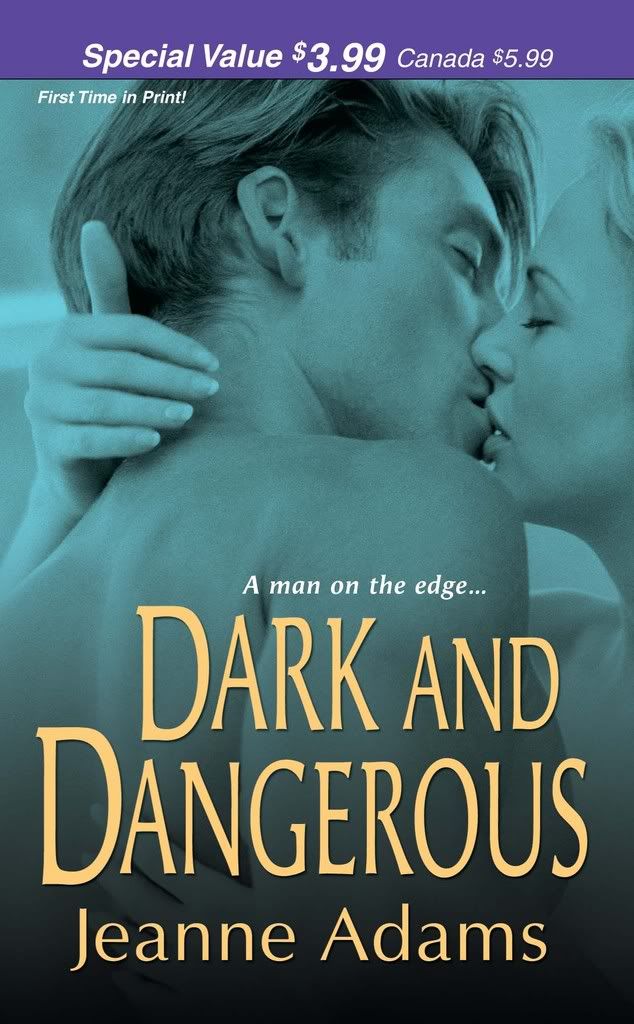



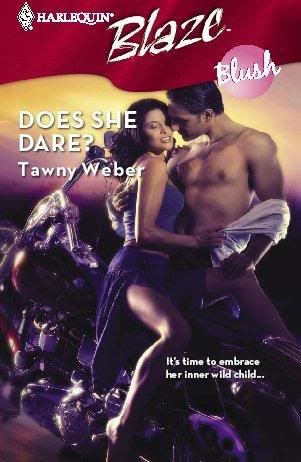





20 comments:
Oh, I HATE revisions, so that was really great advice*g*, except I know my work needs revising, unfortunately.
Something I'm just coming to terms with is trying to show my agent and editor something can work, rather than expecting them to tell me what they want. When I first started, I didn't believe agents and editors when they said they wanted a good story, well written and that they didn't know what they wanted until they saw it. I thought they really knew they wanted romantic suspense with a paranormal twist, or whatever, and if they'd only TELL me I could go and write one, dammit!
Now I understand that it isn't their business to tell us what to write. It's our business to show them something so fantastic, they want to represent or buy it. Does that make sense? We are the creative ones, after all. It's both liberating and terrifying to know this and it took me far too long to work it out!
Christine, your post reminds me of that hilarious video that was making the email round a few weeks ago. An editor sits across from an author and he's giving the author all sorts of terrible advice about what to write, saying each time, "not that exactly, but you know, something like that..." and he keeps changing his story, and the poor author sits in front of him, totally bufuddled, while he comes up with one horrible clique after another for the author to write.
This is interesting advice, AC because everyone tells you precisely the opposite! I've never been comfortable spewing words onto the page and moving on without revision. I'm just too lazy, I suppose. If I did that, I might end up going in an entirely different direction after revisions than I did in the first draft, and it's hard enough to write without writing things you're destined to delete!!
BUT, I think it would be completely self-destructive to censor what comes out of your brain simply because it "isn't good enough." There's got to be a place in between, where we foster our own creativity but don't send ourselves down unnecessary rabbit trails.
I haven't had any experience with an editor or agent yet, but I have entered ten or so contests. It is interesting to see how something one person loves is the very thing another one hates. I have tried very hard to remain true to my voice and my story, because ultimately that is what it is - mine to tell, in whatever fashion the people in my head decide to tell me. I tend to write it all down as it comes to me, every word. I may go back and tweak it some, but for the most part it all goes on the page. The comments and advice I have received DO enter into it. As I learn what my mistakes are I am conscious of them when I write now and I try very hard NOT to make those mistakes in the first place. The problem is that no matter how many things you fix, something else always seems to creep up!!
Great topic, Auntie Cindy! I hate revisions, & yet if I thought I wouldn't be allowed to do them, I'd be too paralyzed to write. I'm with Kirsten -- always searching for the middle ground. I don't want to spew out pages of crap, & yet I do want to spew out pages of something. :-)
I think the absolute best piece of writing advice I ever got was to work out my GMC before writing word one. So basic. So boring. So utterly necessary. Because without it, I would write a 400 page masterpiece, only to have somebody say, "But why is the hero hanging around? It's none of his business." And they'd be right. I'd have forgotten to include some compelling reason for my hero to get involved in my heroine's problem. Whoops. Hello massive rewrite.
Now I use Jenny Crusie's famous conflict grid to figure out my GMC before I sit down to write. It's a beautifully simple way to decide if your protagonist & antagonist have conflict, & not just conflict in general. CONFLICT WITH EACH OTHER. I'm always amazed at how hard it is to get the right kind of conflict in the right place. *sigh*
Susan
Oh, how I love this piece of advice! I'm a first draft/final draft kind of writer, so this advice feels very true to me.
But, I do think that this is a matter of how you're wired and not necessarily something you can teach yourself. Some writers need multiple drafts to find the story; if that's your process, why apologize for it?
The interesting thing, drafting off of Christine's comment about editor and agent expectations, is that only writers give each other this sort of advice about drafts and revisions. Editors and agents (in my experience) aren't at all interested in getting tangled up in your process. They really do only care about the end product and trust the writer to know how to deliver it.
I like that. I like being left alone to do what I do best, leaving the editor and agent alone to do what they do best: support me in my efforts!
Why, yes, it is all about me.
TICD, I love your comments! Ha! I'm just barely over the bar on "being published," and as such, hardly feel qualified to give advice to anyone. However, since I have an opinion about virtually everything...(no, really, Jeanne?)... I'll wax philosophical. Snork. Not really. All I have to say is, don't let anyone else tell you how to tell your story. It's more importannt than anything to follow that bizarre inner voice that says she has to be a secret sorceress, rather than just a clever human, even when your critique partner has insisted that you could do it all without the paranormal element. So they don't like paranormal. Oh, well. If you re-write it without that, it isn't really your story and you'll never be happy with it. I've been-there-done-that and know lots of pals for whom that's been the case as well. So that's my two cents. Wee beasties, or harley-driving-mama, if it's your vision, go for it. Grins.
AC--I read Lawrence Block and enjoyed it immensely. I hate revisions. But I tend to hate description, so if I don't revise, I either end up with next to none or I put in huge chunks of it. Revision helps me, I hope, find that nice balance. As Doglady noted, I try to learn from my mistakes and stop making them in the first place.
I have to work on that conflict element Susan described, and I think some of my earlier mss. suffered because I didn't do enough of it ahead of time.
I've often thought along the lines Christine mentioned, "Just tell me what you want, and I'll write it!" As she and Kirsten and Jeanne note, though, if you go too far down that road, it's no longer your book.
It is both liberating and terrifying, as Christine says, to be so in charge of the creative end.
Claudia--welcome back! And yes, it is, indeed, all about you. *g*
Great post, Auntie Cindy!
How about wee beasties driving harleys?
I think you have to find a balance between getting your words on the page for the first time and then going back to shape and enhance. My first draft is like the lump of clay thrown on the wheel. My revisions are my hands stroking and shaping and molding it into a piece of art.
My first drafts go much faster now and are in better shape than when I first started. But I could also waste a LOT of time staring at the screen angsting over making it "perfect".
Unfortunately, I think there is a segment of our writer population who focus almost exclusively on those first few chapters, polishing them to death to "please" a judge...or trying to discern by some mysterious telepathy what they want so they can win.
They spend so much of their energy on this they either don't complete the mss or leave it to wither on the vine.
I pay attention to judge comments, but ignore those who want to rewrite my story. I recently had a judge suggest that my h/h should not have conflict...that they should hold "mutual respect for each other and then through the process of friendship come to admire each other".
Not gonna happen when you just had a hand in betraying the hero into slavery....
:-)
Aunty Cindy, isn't this the conundrum of the ages? I have no idea how I'll react to actual revisions (internally--externally, I'll say, "Of course, I can do that."). I do understand, though, what is important and core to my books and what isn't. I can generally change a line of dialogue, but not a line of work. Hair and eye color don't matter, but motivation does.
My biggest challenge--always--is getting my characters' motivations onto the page. I know why they do what they do. They know why they do what they do. On a really good day, I remember to let the reader know, as well. I'm trying to get there on the first draft. An ongoing challenge!
Great topic, AC! I, too, love Block's advice, as well as his books.
When I was a probationary teacher, my principal always asked me the same question after he observed me engaging in a particular activity with my students: WHY had I done that activity? I knew why, of course, but the concept was buried deep in my subconscious. At first, I thought, "Duh, it's it obvious?"
But since I'm an organic kind of teacher, I was forced to analyze WHY I did something and verbalize it to someone else.
Somehow that experience made me realize that writing is the same process for me. I intuit much of what I do, but when I'm stuck or something just sounds sucky, I have to analyze the WHY of what I've done and that creates the breakthrough for me.
I'm lucky to be a pretty coherent first-draft writer, so I actually LOVE revision. I think it's because once I've gotten the parameters of the story down, I can go back with the refiner's fire and shape it into something that's sronger. And hopefully more beautiful.
HINDER advice: Write your synopsis first. Writing synopses AFTER the book is done paralyzes me, let alone attempting it BEFORE I carelessly write my first three chapters. The fun chapters. Having to write a synopsis sucks out every bit of fun I love about writing.
HELPFUL advice: when revising, read your sentences aloud to catch the errors and make sure your dialogue is right. I'm revising now--this is VERY useful. I'm slowly editing out the "historical" voice I wasn't aware I even had and putting it back into contemporary voice.
Aunty, how exciting to be looking forward (?) to your first revision letter!! Yeah! But I do hope they aren't too extensive...
For myself, I think I would be alarmed if an editor told me my book *didn't* need revising. I know I need all the help I can get, LOL.
I think I do my best work in the revision phase, but yeah, it's a slippery slope from revising something to tweaking the life out of it. Luckily, I have critique partners who smack me upside the head when it looks like I'm twitching to start tweaking. ;-)
Aunty Cindy, what a great post! And do you know what I came out of it thinking? Ya boo sucks, LB!
That works for him. That would decidedly NOT work for me.
Because I'm very intuitive, I tend to assume everybody will read my sparse first drafts and just geddit. And basically, they DON'T! Also, I'm aural which means my first drafts are really hungry for visual and physical cues although the dialogue pretty much stays as is. It's right first time. Thank goodness something is!
So I need to go back over and over it to make sure the emotion that's there in my head is actually on the page and that I'm not just sending in a radio play.
There are things I've learnt to do in first drafts - even some of those things I mention above. But I still need to revise like a demon. I've just spent ages trying to find a great article by Helen Kirkman, a wonderful NZ historical author (www.helenkirkman.com), where she talks about how the first drafts for her are really, REALLY tough. The bit she enjoys is putting in the stuff that makes that baby shine. But I couldn't find it, sorry. That's the gist, however ;-)
Another quote I really like is on my coffee mug. Yes, I go to all the really intellectual places for my inspiration. It's the one about Michelangelo chipping away at the marble to set the angel free. I sure ain't no Michelangelo, but that's what my revisions feel like. I'm getting closer and closer to the story I want to set free.
My favorite bit of writing advice comes from another NZ author, the fabulous Robyn Donald. She said the people who fail are the people who give up.
Ooooh,oooh, if we're going to quote coffee mugs I have to share my favorite coffee mug quote. I use this mug daily during the tough writing times, basically from page 10 to page 300. The rest is easy. *G*
"What would you attempt to do if you knew you could not fail?"
Words that set me free. How can you fail at writing? You can't. You can only fail *to* write.
My advice please keep working as hard as you all do so as I have wonderful books to read that take me away to another place in time and get me in from the start of the book, something that encourages me to leave the housework till the book is finished or stay up all night till it is finished.
Great post AC
Have Fun
Helen
Claudia, I LOVE it! Actually, they've given away really inspiring coffee mugs at a couple of the recent RWAustralia conferences. My favorite writing quote which is a bit airy fairy but hey, it's my coffee mug and I'll cry if I wanna, is the Chekhov one, "Don't tell me the moon is shining: show me the glint of light on broken glass." Isn't that just SOOO evocative? I used that at a workshop once where Anne Gracie was sitting in to lend her wisdom (like she needs a workshop!). And her theory of why that was so good is that the second part tells a story and the first doesn't. Interesting, huh?
Hi everyone!
Great to see you 'talking amongst yourselves' while I was at the doc's getting poked, prodded and administered my annual flu shot. :-(
Christine, you are sooo right! It IS scary to be in charge of all that creativity. I'd find it far easier if someone would say: Write this and that. Of course, I'd probably find it too restrictive before long, so there ya go.
LOL on the video Kirsten! Another thing Block talks about in this book that really fits this situation is: The same only different. THAT, he says, is what editors want. OOOOkay, I'll get right on that.
Susan, I've seen Jenny's conflict grid and I think I do it rather instinctively. And GOOD ON YA everybody who mentioned doing things based on instinct, whether you knew the "technical" reasons or not. Everytime I've gone against my "gut" (no matter what the situation) I have regretted it! DUH!
And, yes, Doglady there always seems to be SOMETHING else that needs to be learned/fixed in the writing. That's why, as Joan alluded, writers really need to recognize that "point of diminishing return" and move on.
more later,
AC
TICD--BIG THANX for boiling down the agent/editor's perspective. They TRUST US WRITERS to deliver the goods, never mind the process. (And we Banditas are not about to reveal ALL those, right Gang?!?!)
Oh, but I'm afraid my Yorkie/Unholy Terrier would argue with it being all about TICD. To HER furry little mind, It's ALL ABOUT The Belle!
AC
human slave to The Belle
(AC dabs a tear from her eye with a lacy hanky) Thank you, Helen! Readers like you make it all worthwhile! BIG BANDITA HUZZAH!
MsHellion, there is a very good reason your old Aunty referrs to them as POSS (Piece O Shite Synopses). HATE WRITING 'EM! Before the book is written... After it's written... Doesn't matter, the POSS is pure torture for me and lots of other writers I know. You are in good company.
And Kate, you may hear my cries of anguish all the way in SoCal when I receive those revisions. We'll see... But keep those CPs of yours around coz not everyone loves us and our writing enough to smack us when we start twitching.
AC
AC, I happen to know that TICD does not write synopses. Ever. She is so on top of the Zen mind-altering techniques that her editor doesn't even ask for one. TICD simply gives them the highest-level concept of the story and then goes off and writes it.
Note to self: learn Zen mind-altering techniques to use on publishing professionals...
Post a Comment